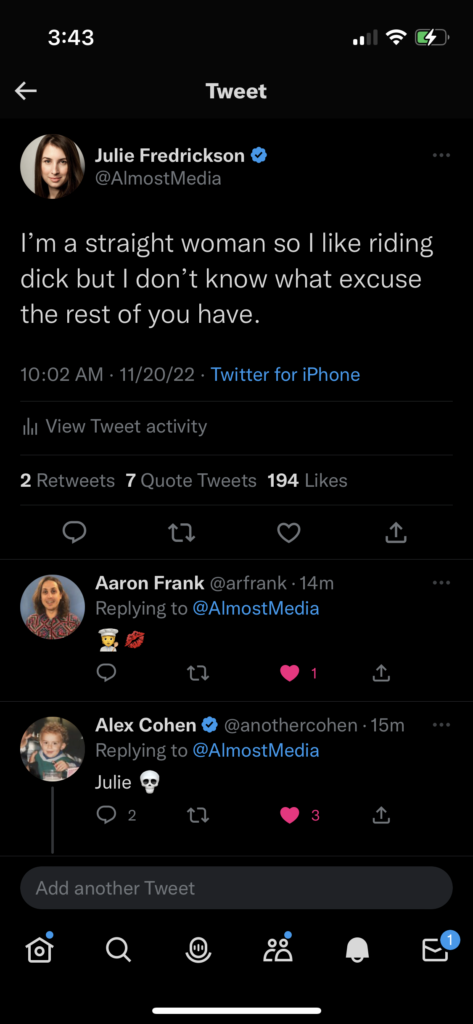Perhaps one of the odder aspects of millennial culture is our enthusiasm for embracing middle age. The excitement of passing into one’s middle and late thirties is palpable on Twitter in particular.
Our Boomer parents still think of themselves as “young at heart”, while millennials are grasping at any semblance of stability that comes our way. Buying a house, watching your children grow up, and acquiring items like minivans are luxury life events.
As culture and civilizational mores careen towards ever more swift changes, millennials are caught between a desire for the stability of previous types of adulthood while also being forced to constantly adapt to new expectations. You are being buffeted by changes that are swift and unrelenting. It is chaotic. You wish fervently to get out of constant fight or flight to the safety of being middle aged, even as the firmaments of past social stability are going down around you.
I believe this is contributing to a serious tension in our work lives. I’m tentatively calling it Pareto Focus to synthesize two concepts. The first being that 80% of the output is from 20% of the work (more commonly known as the 80/20 rule). “Focus” because we have little incentive to grind out focus on the remaining twenty percent of refinement if the rules of the world are changing too fast for expertise to ever be rewarded.
I see this in myself to some extent. I’ve done the work to become a competent working expert in several overlapping fields. I’ve worked in the desire trades including luxury, fashion, and cosmetics.
But I’ve not seen any point in pursuing them to the logical extension of specialization because the chances that the world shifts has always felt too great. Better to understand his desire and attention drive the larger market and refine those skills so even if the winds shifts I will still find work.
This has had a lot of positive effects. I focus on inverting as it allows me to apply the vast array of Pareto knowledge I’ve acquired. And it lets me continue working to intake the 20% of the new so I can I’d enjoy the fruits of the 80% of results.
Obviously I’m simplifying this a great deal. I am genuinely expert in many areas and hold myself to high standards because I’ve met the specialists who have done the long hard road to refinement. And I know where their paths have diverged from mine. Some of it is simply personality driven. Generalists and specialists are needed in any system.
But I do think Pareto Focus might be a phenomenon that’s driving labor allocation and focus in a wider generational way. If change continues to accelerate, you cannot blame people for doing the math on what it takes to survive.
